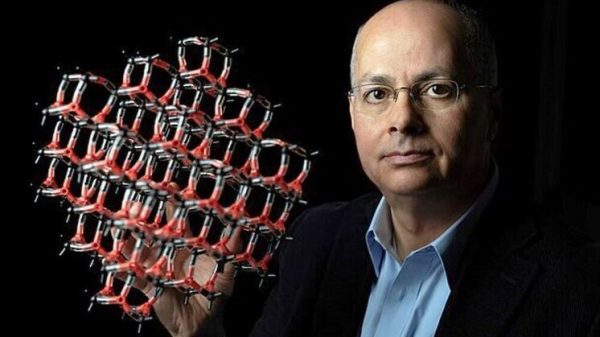
Corfu’s Erimitis peninsular is an important area for wildlife and biodiversity
The widow of the writer and naturalist Gerald Durrell has appealed directly to Greek prime minister Kyriakos Mitsotakis in a last ditch effort to avert the destruction of the "jewel in the crown" of Greek biodiversity sites.
In a letter seen by the Telegraph, Lee Durrell urged Mr Mitsotakis to call off bulldozers that recently began clearing vegetation on Corfu’s Erimitis peninsular, a rare patch of the unspoilt island wilderness made famous by the author of My Family and Other Animals.
In the letter, Ms Durrell, who has lived for decades on Corfu and is an honorary Greek citizen, writes: “I and many other residents, Corfiots and expats alike, care very deeply about the wild nature that can still be found in a few places on Corfu, even 80 years after my late husband immortalised it in his writings."
"Erimitis lies like a precious green jewel on the northeast coast and is one of the most biodiverse areas in all of Greece, with its huge strawberry trees, giant heathers, numerous orchids, insects and migratory birds, as well as extensive sea grass beds off shore."
“Does Corfu really need another tourist resort if the price to pay is the loss of Erimitis?"
“Please consider keeping, treasuring and safeguarding Erimitis as a jewel in the crown of Greece and Corfu. It would be an area of nature and natural beauty, well protected from the ravages of concrete and crowds."
Mrs Durrell told the Telegraph she has not yet had a reply to the February 19 letter.
NCH Capital, a New York-based investment fund, wants to build a 90-room, five-star hotel, 40 luxury villas, nearly 80 stand-alone suites and a marina on the site. It says its €120 million "Kassiopi Project" will bring jobs, have minimal environmental impact, and has been designed in sympathy with the local landscape.
The project has received backing from Mr Mitsotakis, who has described it as a model investment for rebuilding the Greek economy.
But an alliance of environmental activists, local politicians and British expatriate home owners say the project will destroy one of the over-developed island’s few remaining unspoilt patches of nature and is at odds with the Greek government’s own declared strategy of switching to sustainable tourism.
Campaigners say that since January workers have already torn out decades-old Mediterranean wild vegetation, levelled the ground, and destroyed a historic Venetian paved path and made a road on the beach of a protected wetland.
Nat Rothschild, the British financier whose family owns a home nearby, last year described the project as “an environmental disaster of the worst kind.” He has publicly appealed to the government to reverse the planning decision.
Erimitis Plous, a local campaign group, has unsuccessfully challenged the development in court several times. Members say they still hope a challenge by the local municipality, which owns the existing footpaths in the area, could stall the project.
"Landscapes in Corfu can recover quite quickly, so the damage done so far is something that can be repaired," said Kostas Kaloudis of the Ionian Environment Network, one of the groups opposing the development.
"The main court cases are still open and we are still working on a submission to the European Court. So we hope we will have some legal wings," he said.
Andreas Santis, an NCH spokesman, said: “We have started the preparations for the foundations for the construction work in accordance with our agreements with the Greek government." He said he expected construction on the actual buildings to begin later this year and for the entire project to be complete within five years.





















































Свежие комментарии